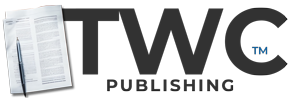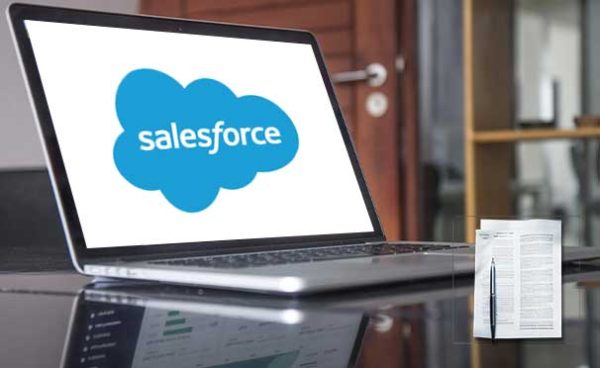Ethical Dilemma at HighTech Inc.
No Fee
| Case ID: | E-HTI-20230729-1-V1 |
|---|---|
| License: | CC BY-NC-SA 4.0 |
| Pages | 3 pgs |
| Case Study Analysis | Not Included |
| Teaching Notes | Not Included |
| Ai Level | Content co-authored with the OpenAI API |
| Category(s) | Ethics: 9/10 |
This case study revolves around HighTech Inc., a tech industry leader facing an ethical dilemma concerning their popular product, the SmartSphere. The product’s unique learning feature, driven by extensive data collection from users, was not explicitly disclosed in marketing campaigns, stirring internal concerns amid rising global privacy sensitivities. Furthermore, the accounting department wrestles with the potential for product returns and subsequent revenue recognition implications. As the CEO, the challenge lies in navigating this complex issue, balancing the potential risks to the company’s reputation, customer trust, and the need for transparent financial reporting. This case illuminates the intricate intersections of ethics, accounting, marketing, and management in the contemporary business world.
Case Disciplines Ratings:
- Ethics: 9/10 - The case heavily involves the ethical decision of whether or not to disclose the SmartSphere's data collection practices. This involves considering the implications for stakeholders, including customers, shareholders, and employees.
- Accounting: 8/10 - The case directly presents an accounting issue regarding the potential for large-scale product returns and how this should be reflected in financial reporting.
- Information Systems: 7/10 - The SmartSphere's data collection and user personalization features are central to the case, and discussions about data privacy could be relevant in a course on Information Systems.
- Marketing: 7/10 - The case could be used to discuss marketing ethics, transparency in marketing communications, and the potential impacts on brand image and sales.
- General Management: 7/10 - The protagonist is the CEO, who must balance various departmental perspectives and manage potential risks to the company. This involves decision-making and leadership skills.
Weaknesses of This Case Structure:
- Lack of Stakeholder Perspectives: While the case touches upon the marketing and accounting departments' perspectives, it could delve deeper into other stakeholders' views. For instance, customers, regulatory bodies, or even lower-level employees could have unique viewpoints, enriching the case's complexity.
- Absence of Real-world Examples: Incorporating similar real-life situations that companies have faced could lend more credibility and practicality to the case.
- Limited Financial Data: The case provides minimal financial data, making it challenging to assess the potential impact on the company's bottom line. More detailed information could allow for better financial analysis.
- Vague Ethical Guidelines: The case assumes data collection to be an ethical issue but doesn't explicitly outline why it might be so. Adding context on current societal norms, laws, or industry standards could enhance its relevance.
- Insufficient Background: The case could benefit from more information about HighTech Inc., such as its past controversies, ethical track record, and how it handled similar situations.
Strengths of This Case:
- Contemporary Issue: The case deals with the highly relevant issue of data privacy, making it engaging and topical.
- Multi-disciplinary: The case can be used in various disciplines - ethics, accounting, marketing, and management, which makes it versatile.
- Decision-making Focus: It presents a complex problem that requires strategic thinking, enhancing its usefulness in developing decision-making skills.
- Clear Dilemma: The ethical and financial dilemmas are well-defined, making the case easy to understand and discuss.
- Potential for Debate: The case's ambiguity allows for different interpretations and solutions, which could foster rich discussions and debates.





